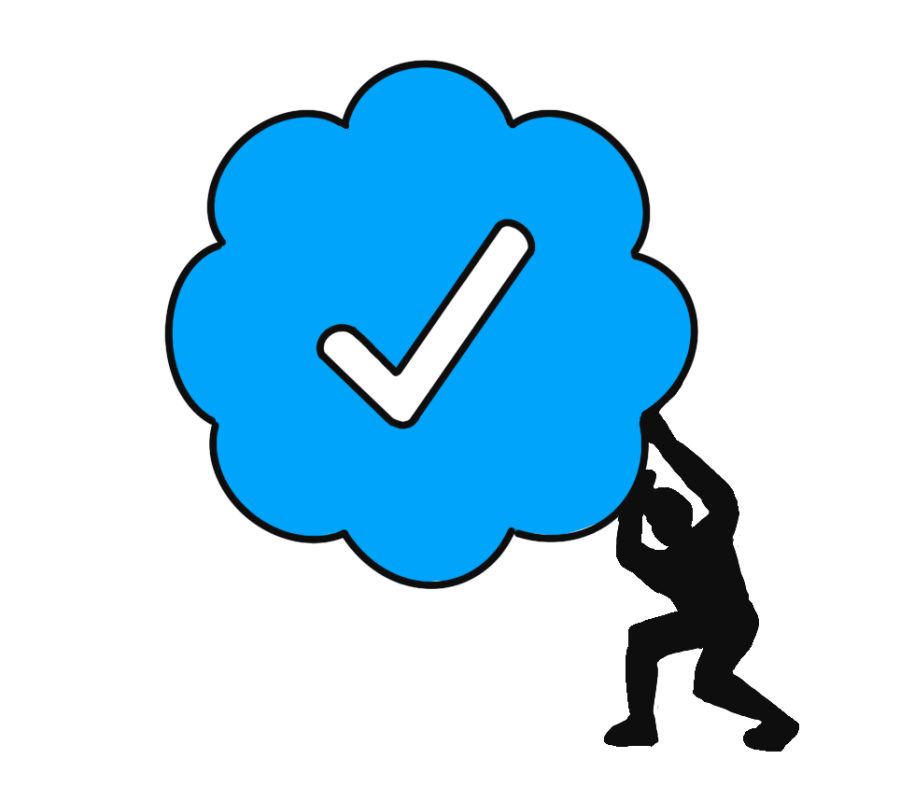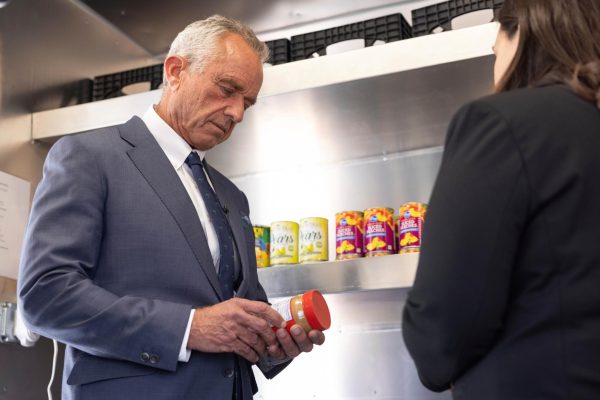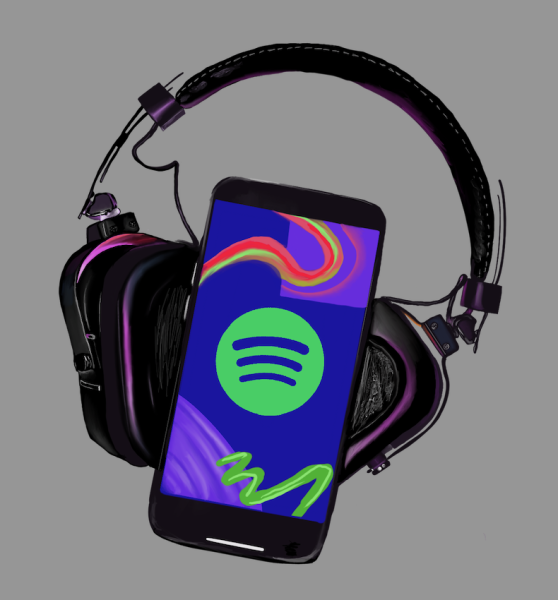Truth, Verification and Elon Musk’s Twitter
If you’ve been on social media in the last decade, then you’ve probably noticed a little blue checkmark next to the handle of your favorite celebrity or influencer. This badge is a symbol of verification, a vetting process that has been introduced to platforms such as Twitter, Instagram and TikTok over the past several years to provide an extra layer of protection. Becoming verified looks different on every platform, but the end goal is the same. With the unprecedented rise of dodgy internet scammers who pose a real threat to users’ digital security, social media platforms are using this process to distinguish influencers from imposters and big brands from frauds. When users spot a check, they know that any information coming from that verified source is authentic. This way, if a scammer tries to pose as a celebrity and post misinformation, users have the ability to “verify” the accuracy of that post by looking for a check. If a check is the virtual equivalent of a green flag, not having one can definitely be a red flag.
It is a vast understatement to claim that these checkmarks are a big deal for cybersecurity. In today’s digital age where half of our lives are spent online, this itty-bitty icon is a symbol of extraordinary power. Not only does it signify that you are in tune with your virtual presence, but it can also translate over to real-world success. Businesses that are verified on social media tend to have an advantage over their unverified competitors due to increased platform visibility, according to Forbes. The check can drive customers to a business’s digital pages, often resulting in more likes, hits or retweets. But what it all boils down to is trust. Being verified is a signal to users that they can trust you. The ability to create a safe space founded on trust might just be the difference between fame and failure.
But don’t just take my word for it. The power of the checkmark was recently acknowledged by business mogul Elon Musk, who paid $44 billion dollars to purchase Twitter and monetize its verification service. Originally, it was reported by The Verge that Musk would charge a monthly subscription fee of $20 to users who wanted to maintain their verified status. But when author Stephen King responded with outrage, Musk dropped his price to $8. The billionaire has been justifying his so-called “Twitter Takeover” by explaining that monetization would decrease the company’s dependence on ad revenue and enable content creators to earn a living on the platform.
What does all of this mean for the future of Twitter’s little blue check? Many users are worried that the standards for achieving verification may be lowered to accommodate anyone who’s willing to pay. Turning Twitter into a revenue stream could put the check and the company’s reputation on the line. If scammers and frauds were able to pay their way to verification, they would be lumped in with all the reputable users who were verified before restrictions were eased. Twitter could quickly descend into chaos and confusion.
That was a lot of “ifs.” It is also possible that new features and increased transparency about Twitter’s content moderation could discourage malicious behavior. Speaking of content moderation, a hot topic in and of itself, Musk has repeatedly expressed his goal of promoting free speech on Twitter. His claims have understandably been met with fear and criticism from those who worry that de-moderation could turn Twitter into a hotbed of hate speech and lies. But what if users were given resources that explained how and why the moderation algorithm works? With a better understanding of what goes on behind the scenes, users would be able to call out any errors in the algorithm and hold each other accountable. The potential result: a stronger, safer Twitter community.
The jury is still out on whether Musk will corrupt the little blue check with his profit-seeking intentions or make way for a transparent and truthful Twitter of tomorrow. What can we do in the meantime? Just keep tweeting.

Abby Harn is a sophomore from San Antonio, TX concentrating in international relations and economics. She has previously served as a staff writer for the...









